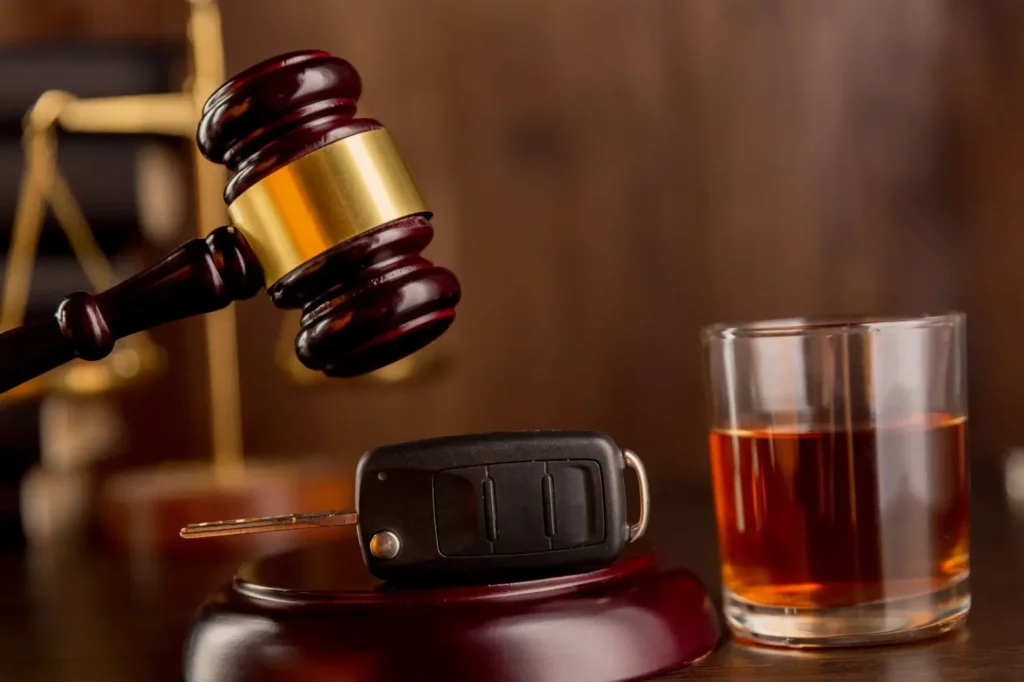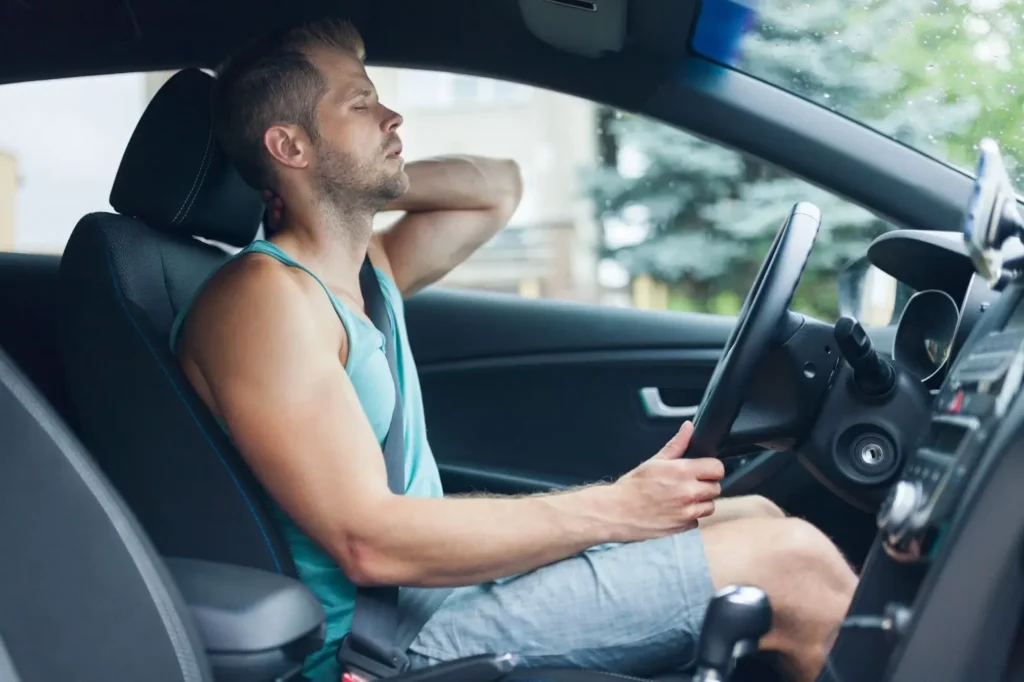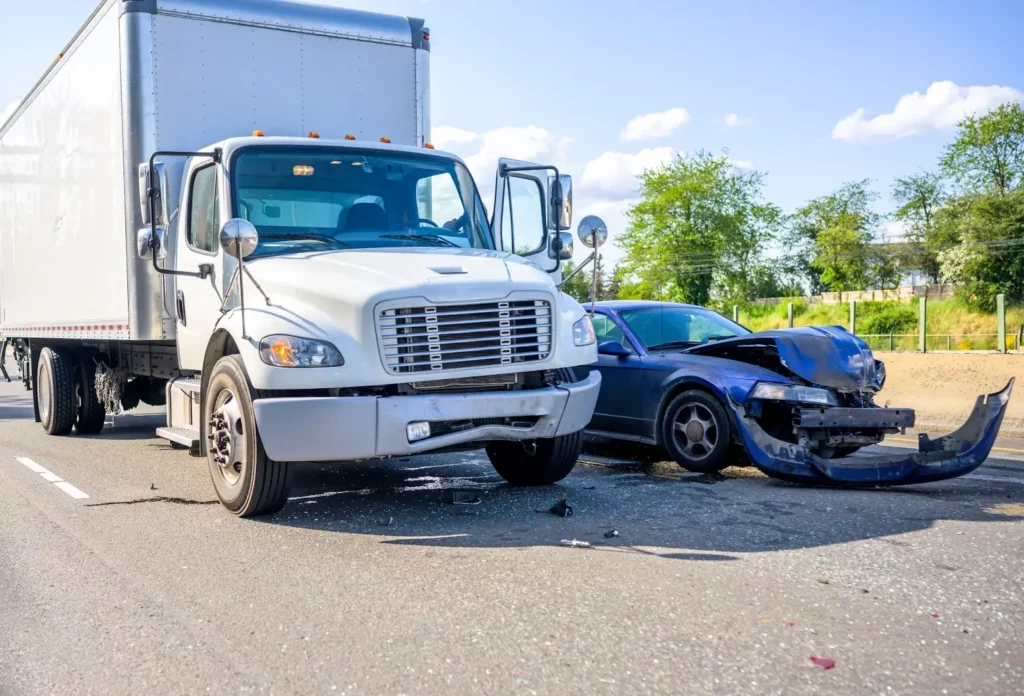Have you ever thought about who’s responsible when a night out takes a turn for the worse? Enter the dram shop law, a legal principle that doesn’t just stop at the person holding the drink but extends to where they got it. It’s a law that places a share of the responsibility for alcohol-related incidents squarely on the shoulders of bars, restaurants, and any place that serves alcohol.
In this article, we will explore how this law aims to protect communities by making those who profit from alcohol sales part of the solution to prevent harm.
What is the dram shop law?
The dram shop law is a legal principle that holds alcohol-serving establishments accountable for harm caused by their patrons, particularly when those patrons are over-served or underage.
Essentially, if a bar, restaurant, or liquor store serves alcohol to someone who’s visibly intoxicated or to a minor, and that person then causes an accident or injury, the establishment could be on the hook for damages.
This law aims to encourage responsible alcohol service by placing part of the responsibility for preventing drunk driving and other alcohol-related issues on those who profit from alcohol sales. It’s a tool for promoting public safety and giving victims a way to seek justice and compensation for their losses.
What are the key components of Dram Shop Law?
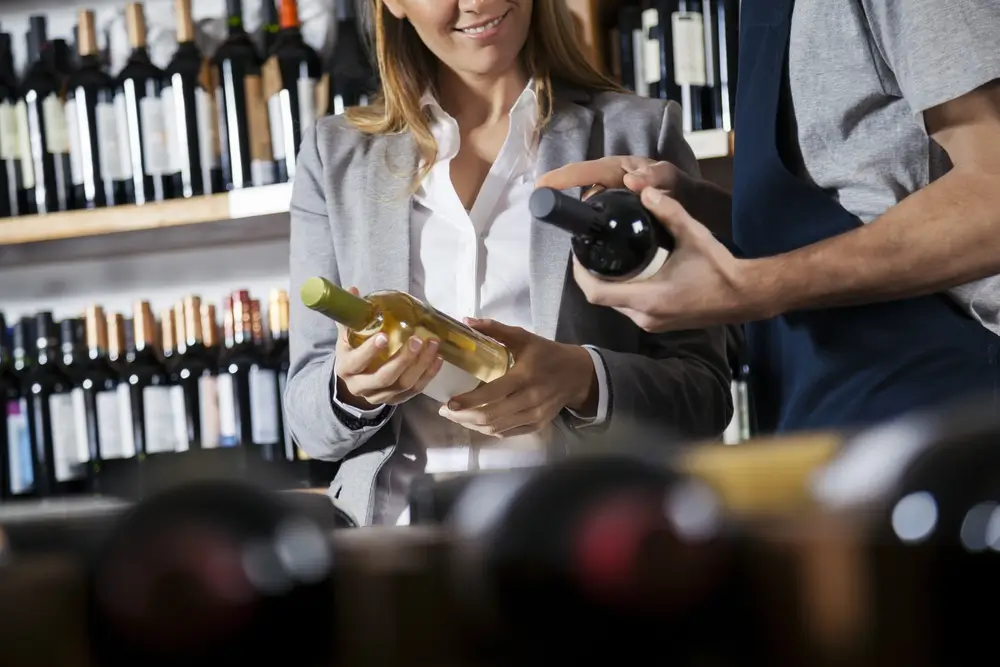
Dram shop laws are built on several foundational principles designed to reduce alcohol-related harm and ensure accountability across the board. These laws recognize that while individual responsibility is crucial, the roles of establishments in serving alcohol and the behavior of patrons are equally important.
Here are the key components that make up the backbone of dram shop legislation:
Liability for Alcohol-related Incidents
This aspect of dram shop law establishes that if an establishment serves alcohol to an already intoxicated person or a minor, and that individual goes on to cause harm or damage, the establishment can be held legally responsible. This liability is not taken lightly, as it requires proof that the establishment’s actions directly contributed to the incident. For victims, this means a path to seek compensation for injuries or losses suffered due to such negligence.
Establishment Responsibility
Under dram shop laws, establishments have a legal obligation to ensure that their service of alcohol is conducted responsibly. This includes properly training staff to recognize signs of intoxication, refusing service to intoxicated patrons, and verifying the age of customers to prevent underage drinking. Establishments must also create policies that discourage excessive drinking and promote safety. Failure to adhere to these responsibilities can result in significant legal and financial consequences for the establishment.
Patron Responsibility
While dram shop laws focus heavily on the responsibilities of establishments, they do not absolve patrons of their own responsibilities. Individuals are expected to consume alcohol within their limits and obey the law, including not driving under the influence or engaging in reckless behavior.
Patrons who violate these expectations can face legal action for their part in any incidents they cause, highlighting the law’s emphasis on personal accountability alongside the responsibility of establishments.
Texas Dram Shop Act Explained
The Texas Dram Shop Act is a section of Texas law that outlines the conditions under which a business that sells or serves alcoholic beverages can be held legally responsible for damages caused by an intoxicated customer. Essentially, if a bar, restaurant, liquor store, or any other establishment serving alcohol provides drinks to someone who is already visibly intoxicated, and that person then causes harm to themselves or others (such as in a drunk driving accident), the establishment could be sued for damages.
This law serves as a deterrent against irresponsible alcohol sales and service, aiming to reduce alcohol-related accidents and injuries by holding establishments accountable for their role in contributing to excessive consumption. The act not only emphasizes the importance of responsible service practices but also provides a legal recourse for victims seeking compensation for injuries or losses resulting from incidents involving intoxicated individuals.
Who does the Dram Shop Law apply to?
Dram shop laws are comprehensive, and they affect a broad spectrum of entities involved in the sale and service of alcohol. This means they are not limited to traditional bars and restaurants alone. These regulations are designed to ensure that alcohol is dispensed responsibly across various settings, from retail establishments to private events.
Bars and Restaurants
First and foremost, bars and restaurants are at the heart of dram shop law considerations. These establishments are known for their direct service of alcohol to patrons so they bear a significant responsibility to monitor consumption and prevent over-service. Employees are expected to be trained in recognizing signs of intoxication and making judgment calls to refuse service when necessary.
Liquor Stores and Retailers
Liquor stores and other alcohol retailers also fall under the umbrella of dram shop laws. While they may not serve drinks on the premises, they are responsible for ensuring that alcohol is not sold to minors or visibly intoxicated individuals. This includes implementing strict ID checks and refusing sales to those who pose a risk of causing harm due to alcohol consumption.
Social Hosts and Private Events
Interestingly, dram shop laws can extend to private individuals hosting social gatherings where alcohol is served. Known as “social host liability,” this aspect of the law recognizes that private parties can be sources of irresponsible alcohol consumption leading to accidents or injuries. Social hosts are encouraged to monitor their guests’ alcohol intake and take steps to prevent intoxicated guests from causing harm, such as arranging transportation or discontinuing alcohol service.
What factors determine liability under Dram Shop Law?
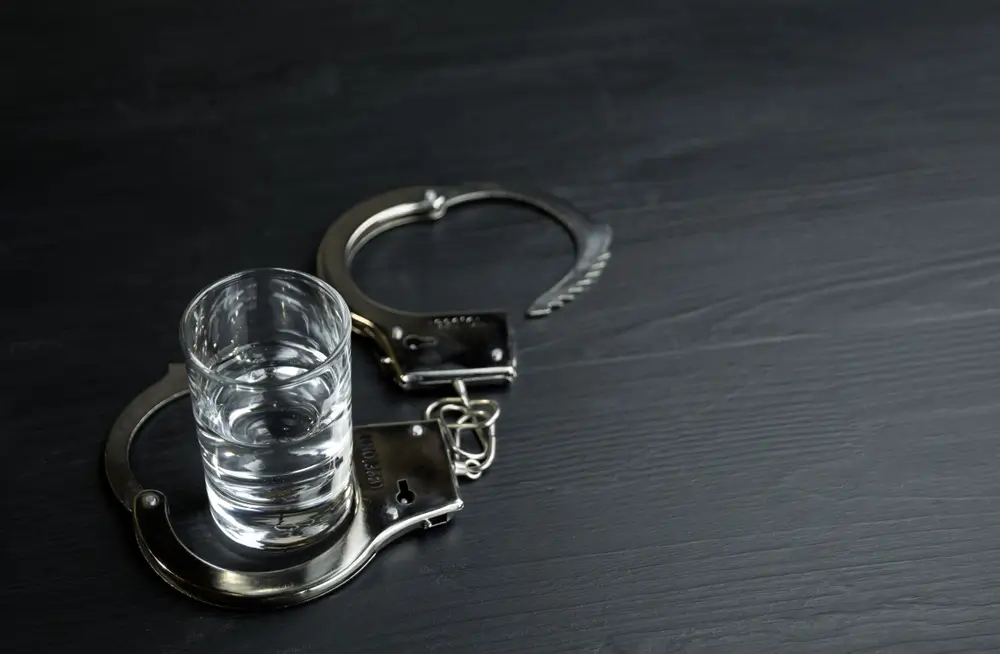
Determining liability under dram shop laws is not a one-size-fits-all process.
Let’s delve into the specific criteria that can establish liability under these laws.
Serving Intoxicated Individuals
One of the primary factors that can lead to liability is the service of alcohol to individuals who are already intoxicated. Establishments and servers are expected to recognize signs of excessive intoxication and refrain from serving more alcohol to such patrons. This responsibility requires vigilance and sometimes making difficult decisions to cut off service. If an intoxicated patron goes on to cause harm or damage, the establishment could be held liable for failing to act responsibly in preventing further intoxication.
Serving Minors
Serving alcohol to minors is another significant factor that can result in dram shop liability. The law is clear: selling or serving alcohol to individuals under the legal drinking age is illegal and can have severe consequences. Establishments must have strict age verification processes in place to prevent minors from accessing alcohol.
Knowledge of Patrons’ Intoxication
Lastly, an establishment’s liability can also hinge on the knowledge, or should-have-known basis, of a patron’s level of intoxication. This means that if an establishment, through its employees, is aware or reasonably should have been aware that a patron was intoxicated and posed a risk, yet continued to serve them alcohol, they can be held liable.
What are the consequences of violating Dram Shop Law?
Violating dram shop laws can lead to serious repercussions for establishments that fail to adhere to responsible alcohol service practices. Understanding these potential outcomes is crucial for all businesses involved in the alcohol industry, as the implications can be far-reaching and damaging to both an establishment’s finances and reputation.
Civil Liability for Damages
When an establishment violates dram shop laws, one of the most immediate and impactful consequences can be civil liability for damages. This means that if a patron who was over-served alcohol at a business goes on to cause harm or injury, the victim(s) of that incident can sue the establishment for compensation. The damages awarded in such cases can cover a wide range of losses, including medical bills, lost wages, and pain and suffering.
Criminal Charges and Penalties
Besides civil liability, establishments and individuals who violate dram shop laws may also face criminal charges and penalties. These can include fines, community service, or even imprisonment, depending on the severity of the offense and its outcomes. For example, serving alcohol to a minor or a visibly intoxicated person that results in a fatal accident could lead to charges of negligence or involuntary manslaughter.
License Revocation and Business Closure
Another significant consequence of violating dram shop laws is the potential for license revocation and business closure. Alcohol service licenses are granted with the understanding that establishments will follow the law and promote safe consumption practices. Failure to do so can result in the suspension or revocation of the license to serve alcohol, which for many businesses, effectively means the end of their operations.
Proving Fault in a Dram Shop Case
Proving fault in a dram shop case hinges on demonstrating that the establishment’s actions directly contributed to the harm caused by an intoxicated patron. This process involves gathering evidence that shows the establishment served alcohol to a visibly intoxicated person or a minor, who then caused an accident or injury.
Key pieces of evidence can include eyewitness testimonies, surveillance footage, and records of alcohol purchases. Additionally, proving that the establishment had a duty to act responsibly and breached that duty by failing to adhere to alcohol service laws is crucial. Legal expertise is often required to deal with these complexities and build a compelling case.
Dram Shop Lawsuit Examples
Dram shop lawsuits have led to various outcomes across the country.
Some instances include:
Illinois Case Involving Overserved Patron Leading to a Fatal Accident: A bar was sued after a patron, who had been visibly intoxicated, was served additional drinks and later caused a car accident that resulted in fatalities. The lawsuit claimed that the bar’s negligence in continuing to serve the patron directly contributed to the accident. As a result, the judge awarded the injured victim $37.5 million in damages.
Another similar case in South Carolina resulted in a bar paying $3 million in damages after they served an intoxicated man more alcohol which led to another car accident.
How Much are Settlements in Dram Shop Lawsuits?
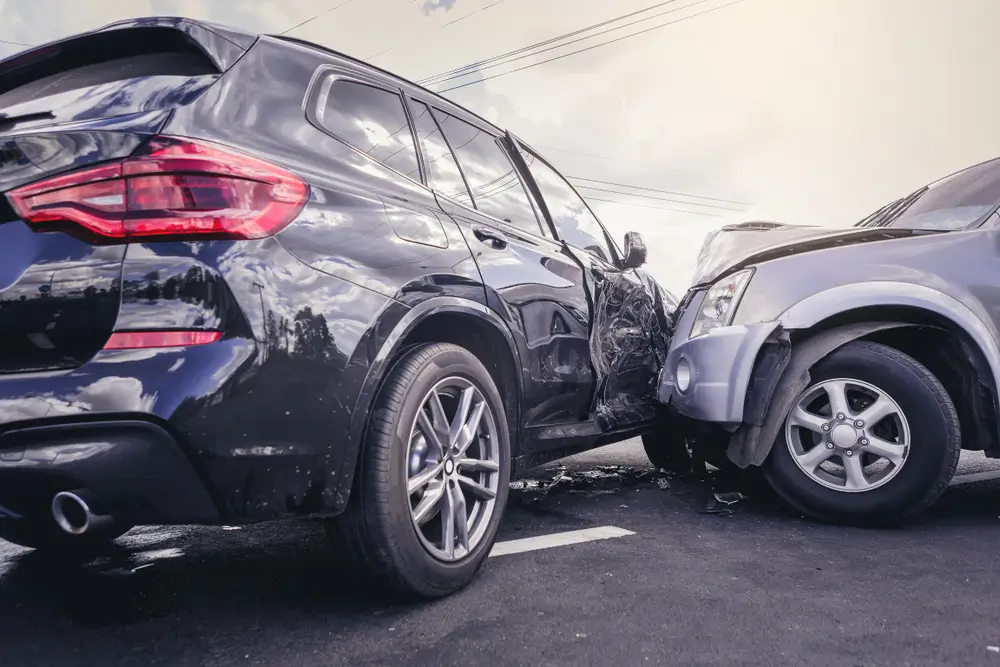
Settlements in dram shop lawsuits can vary widely. They can range from thousands to millions of dollars, reflecting the economic and non-economic damages suffered by the victims. Economic damages cover tangible losses like medical expenses and lost income, while non-economic damages compensate for pain and suffering.
What to Do if You Are Injured by a Drunk Driver in Texas
Being injured by a drunk driver is a traumatic and life-altering experience that requires immediate and informed actions. Knowing the steps to take following such an incident is crucial for your safety, health, and legal rights. These actions not only help ensure your well-being but also lay the groundwork for any legal claims you may pursue.
If you are injured by a drunk driver in Texas, here’s what you should do:
1. Seek Medical Attention
Your health is the top priority. Even if you believe your injuries are minor, internal damages or delayed symptoms can pose serious risks. Seeking medical attention immediately after the incident provides you with the necessary care and creates a medical record, which is crucial documentation for any legal action.
2. Contact the Police
Having the police at the scene is essential for documenting the accident. They’ll create a report, conduct initial investigations, and perform sobriety tests if alcohol involvement is suspected. This report serves as a key piece of evidence in establishing the drunk driver’s liability and your claim under dram shop laws.
3. Gather Evidence
If you’re able, gather evidence at the scene. This includes photos of the accident site, your injuries, and any visible signs of alcohol consumption by the other driver. Collect contact information from witnesses, as their testimonies can strengthen your case. This evidence will be essential when piecing together the events leading to the injury.
4. Contact an Experienced Dram Shop Attorney
Contacting an experienced attorney who specializes in dram shop cases can significantly impact the outcome. They can guide you through the legal process, help gather necessary evidence, and work to secure the compensation you deserve for your injuries and losses.
Partner with Houston’s Trusted Personal Injury Experts
After an accident with a drunk driver, you’re going to need more than just medical help—you’re also going to need a legal team that knows exactly how to help you pick up the pieces. In Houston, Texas, that team is at Lakhani & McGrath PLLC.
With a trusted Houston dram shop lawyer like Lakhani & McGrath PLLC, you’re not just another case number. They take the time to understand your story, your injuries, and what you need to move forward. Whether it’s dealing with the complexities of dram shop laws or fighting for the compensation you deserve, they have the expertise and the dedication to get the job done.
If you’re in Houston and find yourself dealing with the aftermath of an incident involving a drunk driver, reach out to Lakhani & McGrath PLLC. With Lakhani & McGrath on your side, you’re taking a powerful step towards getting the justice and recovery you deserve.

